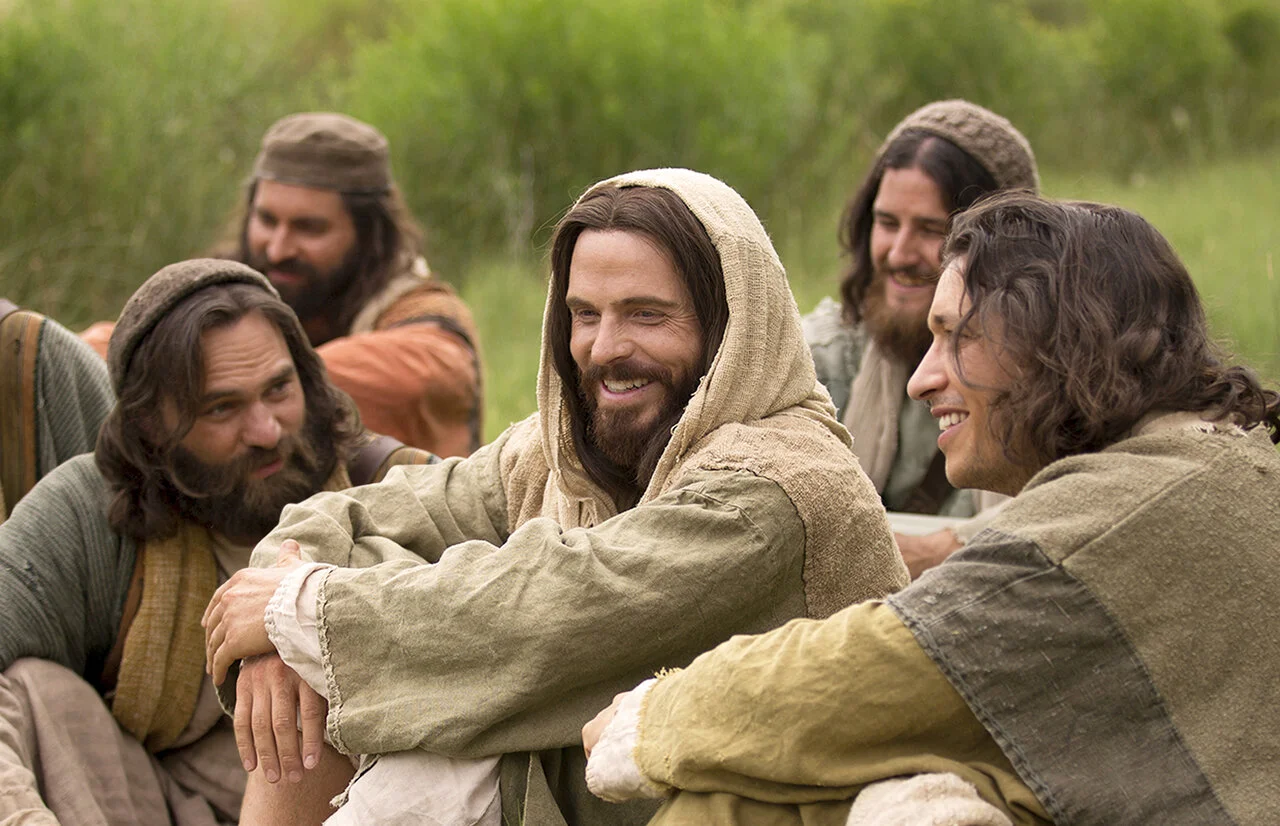A Refugee Rescuing Refugees
Moses is such an intriguing character. We have minimal info on him, like so many biblical characters, but the two or three scenarios we do have show an obvious compassion for the underdog.
This compassion is first illuminated in Exodus 2 when Moses “went out to visit his own people, the Hebrews, and he saw how hard they were forced to work.” Apparently, he had lived a sheltered life before this. He had been raised by his own mom until he was adopted by Pharoah’s daughter, then spent his childhood and adolescence in the palace or the protected areas royals were privileged to wander. But he was still a refugee of sorts and he knew his heritage, and on this day, he wanted to see his own people. Maybe he even snuck out, because it’s apparent by verse 12 that he was alone. When he saw the Egyptian beating “one of his fellow Hebrews” (NLT), Moses lost it. That was more than he was willing to tolerate, so he killed the Egyptian. I admire his willingness to rescue the Hebrew, although I don’t know that killing the Egyptian was the right move, morally or strategically. Had he gone to Pharaoh right then, God may have been able to use him to free the Hebrews sooner. Instead, he had to flee for his life.
A refugee a second time, he arrived at a well in Midian while on the run, and saw seven sisters being harassed as they tried to get water for their dad’s flocks. Once again, he could have observed this mistreatment from a distance and not gotten involved, but he jumped right in to rescue the women from the shepherds. Because of his kindness to the women, their dad, Reuel, offered him a place to live with them, and eventually Moses married one of Reuel’s daughters.
All this time, God is observing the abuse of the Hebrew people and hearing their cry for help. Knowing only this much of the story so far, who do you think would be the logical choice for a rescuer of the Hebrew people? Doesn’t it seem obvious that Moses fits the bill? Compassionate towards the oppressed, a natural rescuer, a Hebrew himself by birth but a free man, child of an Egyptian princess and well-acquainted with Egyptian palace life and culture. Hmmmm.
So this verse, Exodus 3:11, is wryly funny. God says he has heard the cry of Israel and in verse 10 says Moses must go, “for I am sending you to Pharaoh. You must lead my people out of Egypt.” Then verse 11: “But Moses protested to God, ‘Who am I to appear before Pharaoh? Who am I to lead the people of Israel out of Egypt?’” I think we would have all immediately answered, “YOU. . . Of course.” There’s no more obvious choice. Even the way he phrases it makes me think he had already considered that scenario and rejected it. He didn’t WANT to take the job.
I wonder how often I am the obvious choice for a job, and everyone else can see it, but I don’t want the responsibility? Moses had been born for this job. He fit it in every way. Let’s be open to these kinds of jobs God wants us to do. AND, like Moses, it’s not necessarily a vocation. It’s a task to be completed. A quest of sorts. And who knows? We may be 40 or 80 before the time comes to accept the task.




